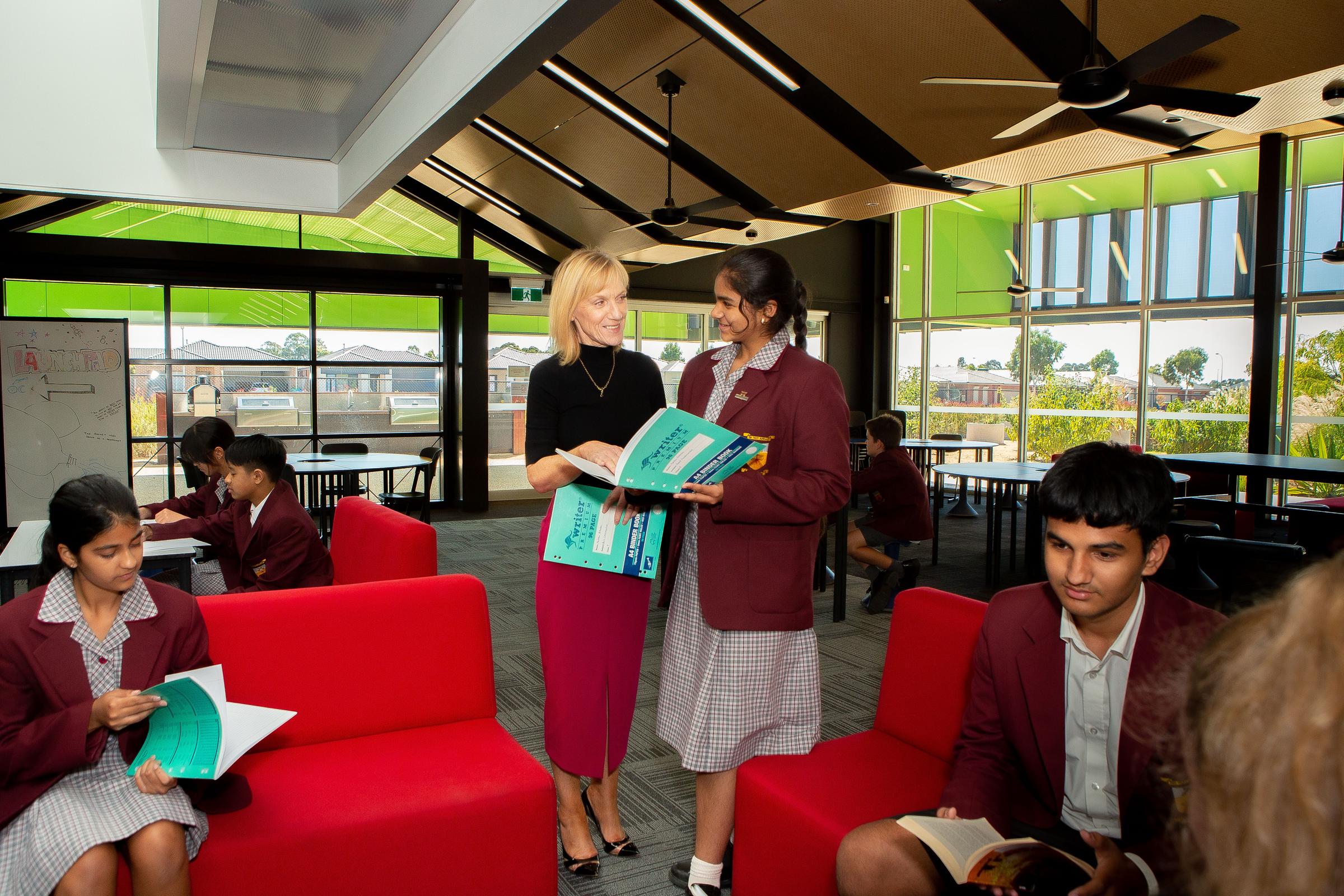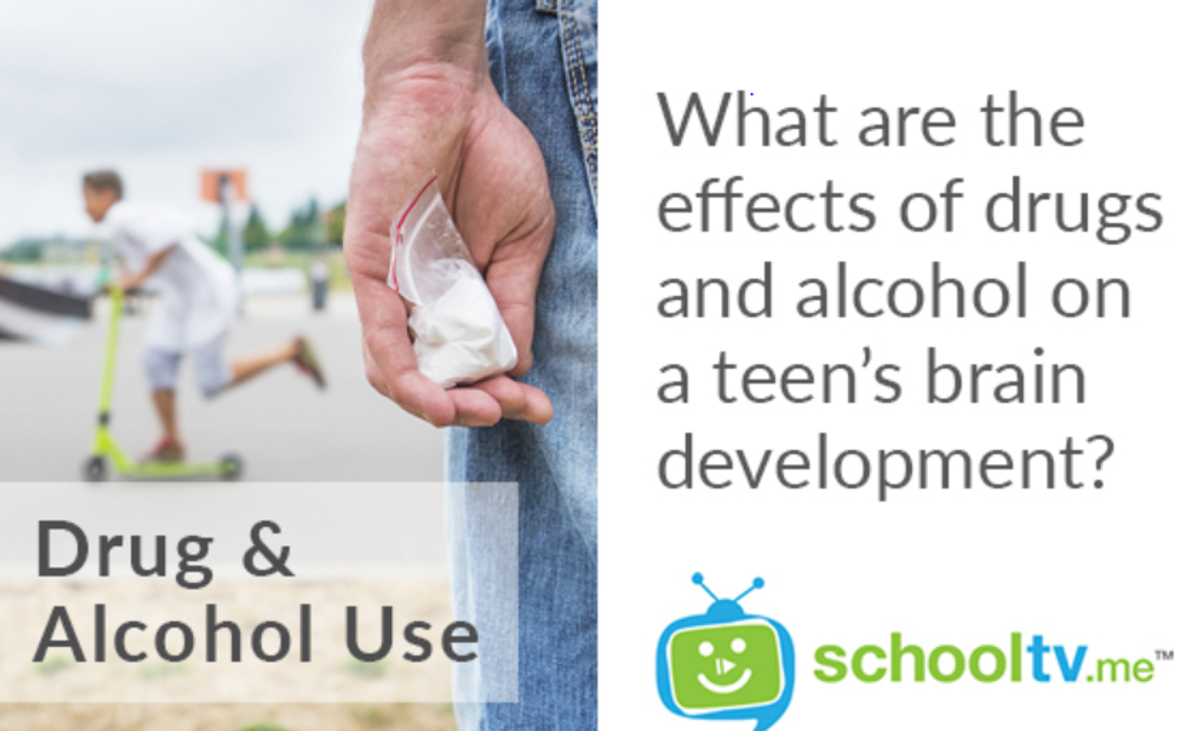Clyde North Campus News

Transition
Transition associated with school is not limited to the beginning of school at prep or Year 7 or the ending of school at Year 12. Moving up to a higher grade or embarking on a new journey at school can be a very exciting time for young people and parents as it signals that our children are growing up. With the commencement of Headstart and the Investiture of the 2023 House and College Captains at the Final Campus Assembly, we have witnessed two very important transition events.
The 2023 House and College Captains received their badges, pledging to uphold the values and purpose of our college and their leadership position. They did this with courage, determination, and honour. As they move into their role as a 2023 student leader, they begin an important transition as servant leaders, modelling to all students the College motto, ‘Be not afraid’.
Headstart always brings excitement mixed with some uncertainty as each student begins the journey of what the new year and new subjects will bring. Specifically, Year 9 students (2022) are now viewed as Year 10 which means they have left the junior ranks and are now considered seniors within the school. This requires a much higher level of maturity to serve the community more visibly whilst applying high standards in their studies.
To support the transition into new Year Levels and Leadership Positions we have already held some activities including Peer Support Training, Careers Information, Year 12 Retreat, and Pastoral Sessions all of which will continue next year building the resilience, confidence and skills of each child to adapt and embrace transition.
However, transitioning is an ongoing process. It can continue long after students have entered their new environment and may encounter difficulties at several different stages. These stressors may appear as anxiety and frustration and result in negative or disruptive behaviours. Such behaviours can become problematic making the transitioning process even more difficult for children and parents. To support parents in managing the transition process, I refer you to this edition of SchoolTV, which provides parents with practical strategies to assist your child during the transition process and reduce stress and anxiety levels.
We hope you take time to reflect on the information offered in this edition of SchoolTV and we always welcome your feedback. If you have any concerns about your child, please contact the school counsellor for further information or seek medical or professional help.
Here is the link to the School Transitions edition of SchoolTV:
Growing up should be a wonderful experience but at times we find ourselves wondering why our child is suddenly challenging the rules both at home and at school. We experience both frustration and wonder as we consider, just where has our child gone? However, this is all part of adolescence. Navigating adolescence is tricky, just how far do we let our children push the boundaries of acceptable and safe behaviours? As parents and guardians, more than ever we compete for our young person’s attention with their addiction to social media, tik tok, their friends and even ‘influencers’. Whilst most of this period of adolescence will find a natural equilibrium between family values and growing up, I have included reference to the SchoolTV edition of Drug and Alcohol Use. Drugs, alcohol and now vaping are serious influences on our young people and as their parent, guardian and caregiver we need to be up to date if we are to engage in meaningful dialogue that does not apportion blame, rather leads to healthy and respectful conversations with our young people.
Topic: DRUG & ALCOHOL USE
For some young people, a one time or infrequent use of alcohol or drugs can unfortunately result in tragedy such as unintentional injuries, homicide or even suicide. Young people who use alcohol and drugs before their brain is fully developed, are often at greater risk of future addiction.
Research has shown that a young person’s brain keeps developing until they are in their mid-twenties, making alcohol more harmful than previously thought. Even the casual use of certain drugs can cause severe health problems, such as an overdose or brain damage.
We hope you take time to reflect on the information offered in this edition of SchoolTV and we always welcome your feedback. If you have any concerns about your child, please contact the school counsellor for further information or seek medical or professional help.
Here is the link to the Drug & Alcohol Use edition of SchoolTV:
I wish you all a safe and productive week.
Julie Banda
Deputy Principal - Head of Clyde North Campus


